It’s a rare thing indeed when farmers and animal welfare campaigners unite. But that’s just what has happened, informally at least, as anger and concern grows over the looming Mercosur trade agreement between the European Union and South American powerhouses Brazil, Argentina, Paraguay, and Uruguay.
The agreement, designed to enable increased trade between the two blocs, will see the EU grant financially favourable market access to additional quantities of South American meat and other agri-commodities, in return for the cutting of tariffs on imports of European cars, food, medicines, clothes, and other products to the Mercosur nations.
European opponents say that the deal – which is expected to move closer to completion next month with the signing of an interim agreement – will open the floodgates to beef, poultry, and pork produced to lower welfare and food safety standards than European meat, as well as cheaper South American grains, including corn and soy, often-linked to environmental concerns, including deforestation.
What many European farmers fear most is being undercut by cheaper South American imports, whilst campaigners have objected on the basis that farm animals in the Mercosur nations are produced more intensively than those in Europe. This includes, they claim, higher stocking densities and faster chicken growing cycles, the use of gestation crates for pigs (banned in the EU), as well as tail docking and beak trimming without any requirement for anaesthetic use.
Much of the opposition has focused on beef, largely because a mighty 99,000 tonnes of additional South American beef could soon be imported into Europe with reduced tariffs in the wake of a Mercosur deal. This should concern us all – cattle production across South America, and in Brazil especially, has been linked to deforestation of swathes of tropical forest, as well as land grabbing, human rights abuses, and labour violations.
Allegations around these issues have stalked Brazil’s beef sector for years, with a steady stream of bad practices documented within multiple supply chains. In 2023, the systemic nature and scale of deforestation tied to Brazilian beef was laid bare, with research calculating how more than 800 million trees had been cut down in the Amazon rainforest over a six year period to satisfy global demand.
Data showed that some 17,000 sq km of the Amazon had been destroyed near meat plants between 2017 and 2022. Researchers utilised satellite imagery, livestock movement records, and other information to calculate forest loss on thousands of cattle ranches near to more than 20 slaughterhouses.
To identify ranches that most likely supplied the individual slaughterhouses, the researchers examined “buying zones” – areas based on transport connections and other factors – and engaged with those operating the meat plants to secure further clarity on sourcing. Each of the slaughterhouses examined as part of the research was found to export internationally, including to markets in Europe, the UK, and China.
The investigation focused on cattle production in three states: Mato Grosso, Pará and Rondônia, all of which had witnessed significant deforestation associated with cattle ranching – meaning the true overall forest loss connected to the sector in the period was likely to be greater still.
Whilst it is Brazil’s raising of beef cattle on pasture that has been at the centre of scrutiny over deforestation concerns, it’s a different production system altogether which has sparked most alarm amongst anti-Mercosur campaigners: intensive feedlots.
The rearing of beef cattle in so-called confinement units – typically outdoor yards or “corrals”, sometimes stretching over vast areas of land and packed with animals for fattening purposes – is known to have increased in Brazil in recent years.
The US Department of Agriculture (USDA) reports that the number of cattle confined in Brazilian feedlots has increased to around 8 million in 2024, representing an 11% growth from 2023. The USDA also predicts numbers will increase further as farmers seek to reduce production time and increase profits.
As well as raising concerns about feed sourcing – confined cattle are typically fed grain diets which can contain corn and soy; crops themselves linked with deforestation – feedlots have come under fire for animal welfare and public health impacts.
Amongst issues highlighted by Mercosur opponents are claims that cattle reared in feedlots face higher disease risks, stress, and environmental exposure to potential contaminants. Grain based diets are known to be linked to digestive issues, the critics claim, adding that veterinary medicines are often used in intensive cattle farms to manage diseases, contributing to the wider problem of drug resistance.
Feedlots can also be sources of water and air pollution, opponents say, with high-density livestock populations releasing methane and other pollutants, threatening both environmental and human health.
Intensive beef farming is not limited to Brazil of course – feedlots are ubiquitous in the US, and industrial facilities have begun to be seen both in the UK and Europe in recent years – but the scale of Brazil’s “cattle factories”, as campaigners have named them, is truly vast.
Indeed, the AGtivist this week had a sneak preview of an eye-opening new cache of satellite images that document – from the air – some of the largest Brazilian feedlots operated by twenty of the country’s most significant meat firms engaged in confinement practices.
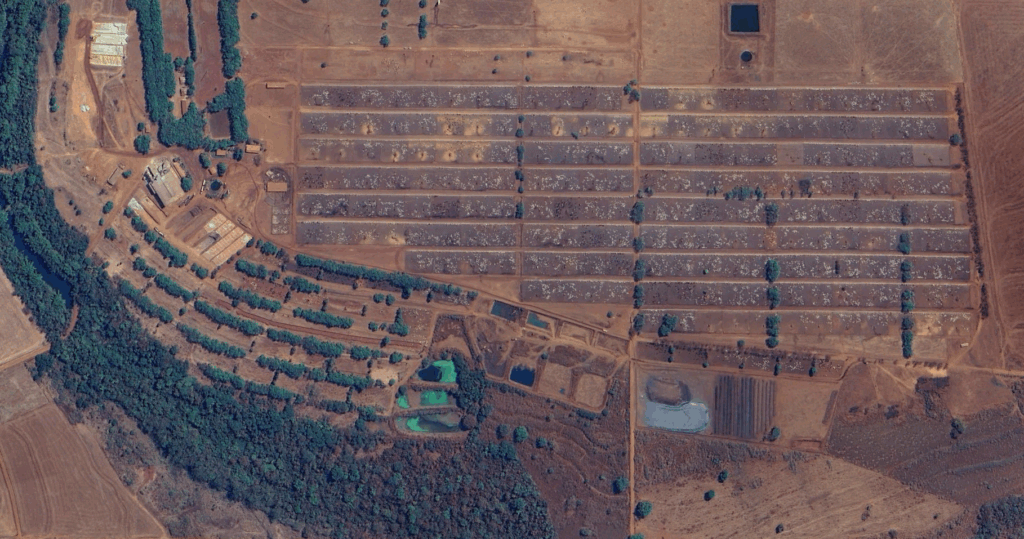
The pictures, due to be released next month, show thousands of cattle – in some cases, as many as 20,000 – confined in barren, grassless, sun-scorched yards, surrounded by waste lagoons, feed silos and other industrial infrastructure. One campaigner described the images as the “apocalyptic face” of animal agriculture.

Defenders of the system say such claims are simply scaremongering, pointing out that many feedlot operators are operating sustainably – and reducing the squeeze on land needed for grazing, in turn reducing the risks of direct deforestation – as well as investing in technologies to ensure optimum animal health and welfare standards. Efficiencies of scale are required to meet current, and projected, global demand, they say.
Whether European consumers are happy to munch on feedlot-produced burgers remains to be seen, but the images will likely do little to increase appetite for Brazilian beef.
For many European farmers worried about being undercut by an influx of Brazilian beef, it isn’t the scale of production per se that concerns them, but apparent regulatory shortcomings that highlight the potential public health risks of substandard meat imports.
Earlier this month, an investigation by the Irish Farmers Journal exposed what it described as the “widespread illegal access to antibiotics, hormones and in-feed growth promoters across multiple Brazilian states”.
Its reporters were able to purchase various drugs at multiple agricultural stores – including antibiotics classified as “critically important to human health”, substances restricted in European livestock farming because of their importance in human healthcare – without any prescription or other documentary checks, as would be required in Europe.
The revelations prompted calls for the European Commission to examine the implications for the Mercosur agreement, particularly in light of assurances from both Brazil and Brussels, that farming standards will be front and centre of the deal.
So what does all this mean for the UK ? Owing to Brexit, the country won’t be part of the Mercosur deal (although reports have suggested a UK trade agreement with South American countries could be in the offing), but that doesn’t mean its ripple effects won’t be felt.
Unsurprisingly, UK critics of intensive animal farming argue that any trade deals that facilitate higher volumes of cheap meat and grain are ultimately problematic for us all, regardless of geography, as they fuel increased consumption of meat, which in turn has a “knock on” environmental impact .
Whilst most UK livestock farmers are unlikely to share these views, they have other reasons to be worried.
Some industry commentators have expressed concerns that an influx of cheap South American beef could depress prices in the EU, thus eroding demand for UK beef. Additionally, they point out, due to post-Brexit arrangements, UK beef now faces regulatory checks and tariffs when exported into the EU and, under the Mercosur deal, preferential terms for South American beef could put UK beef producers at a disadvantage.
As the AGtivist reported previously, some UK beef farmers are already feeling the pinch around the low profits achieved for some food staples, including beef burgers, so any further pressure on pricing will be far from welcome. That’s putting it mildly.
The AGtivist is an investigative journalist who has been reporting on food and agriculture for 20+ years. The new AGtivist column at Wicked Leeks aims to shine a light on the key issues around intensive farming, Big Ag, Big Food, food safety, and the environmental impacts of intensive agribusiness.

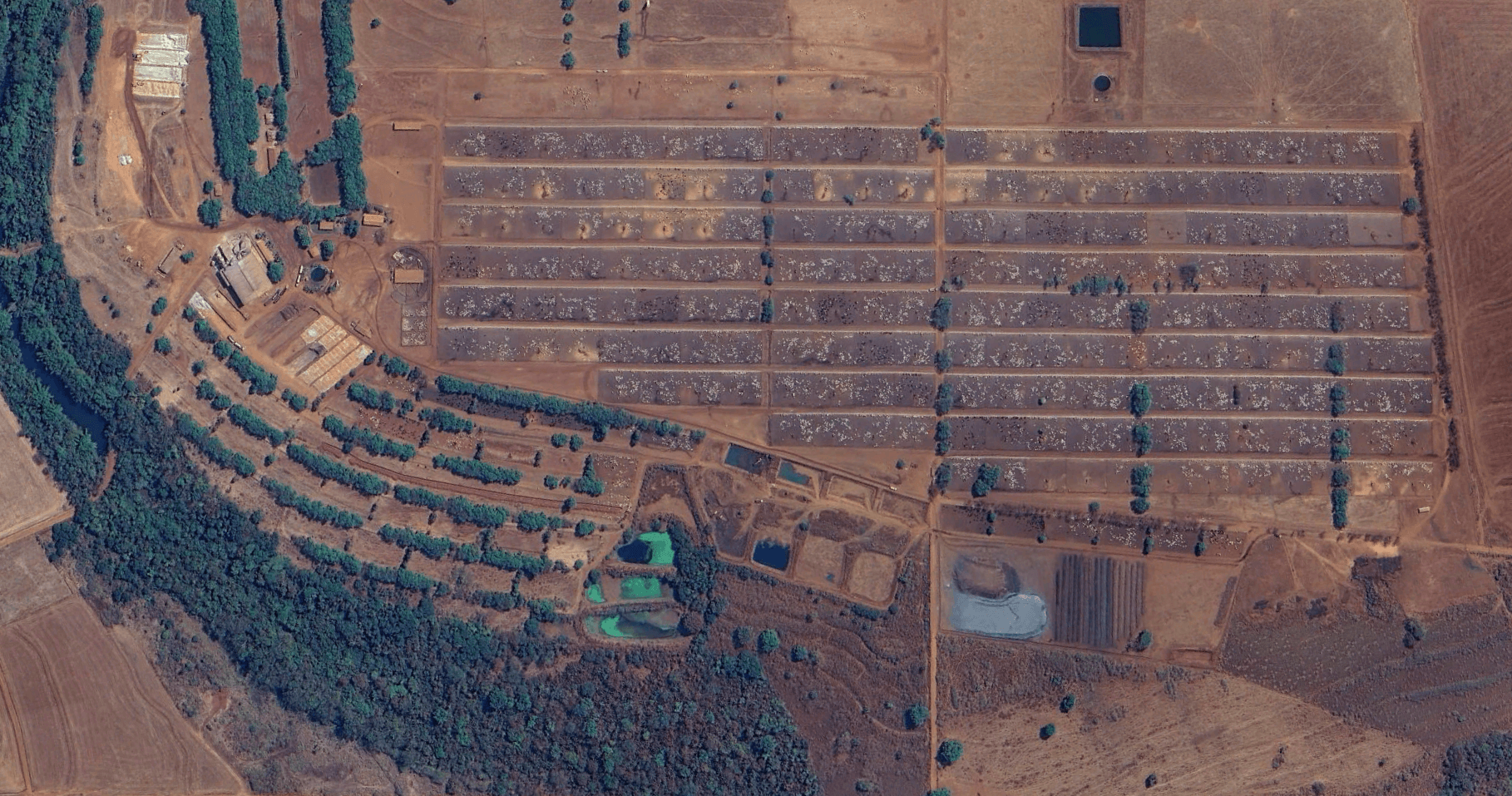
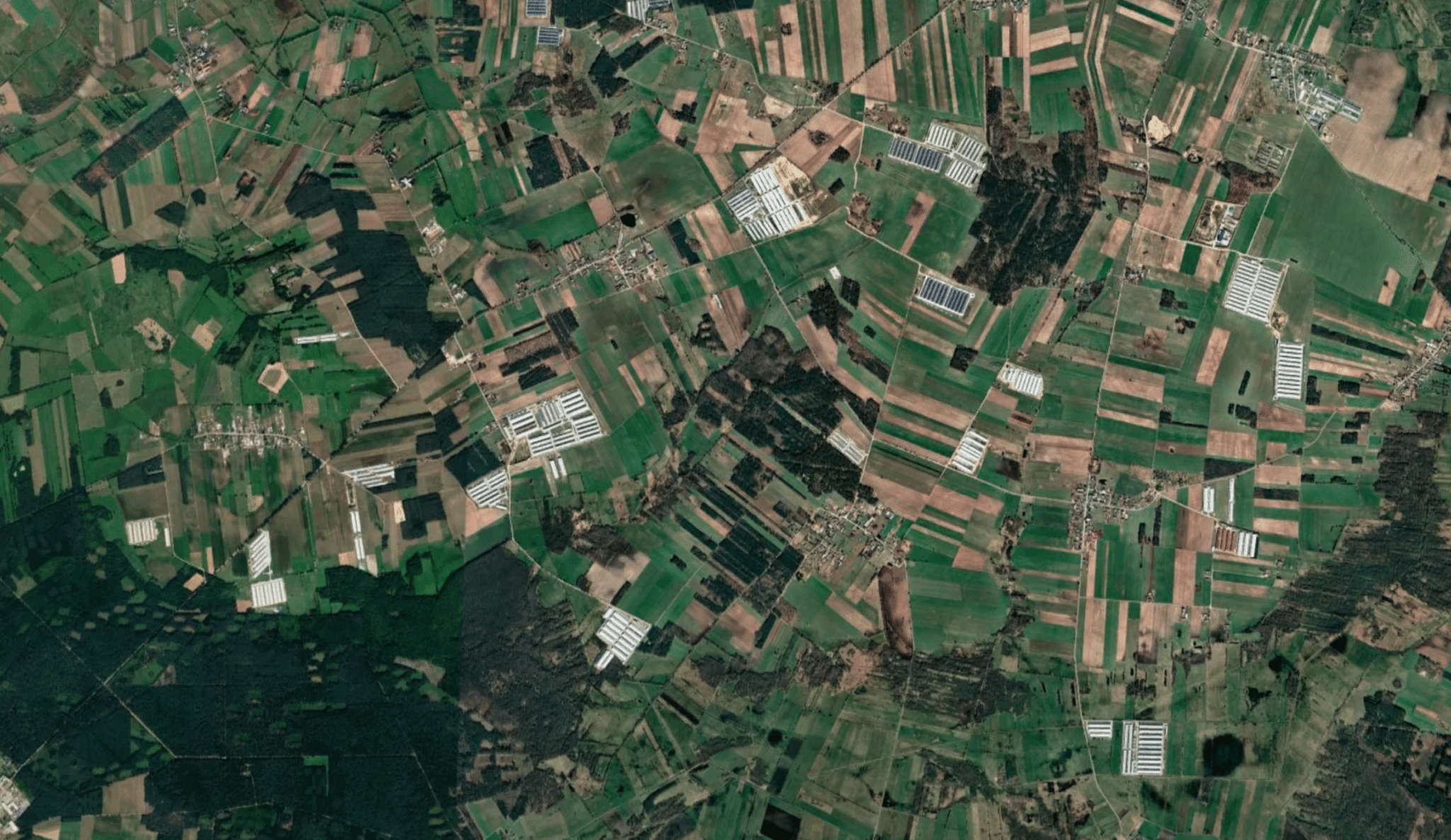


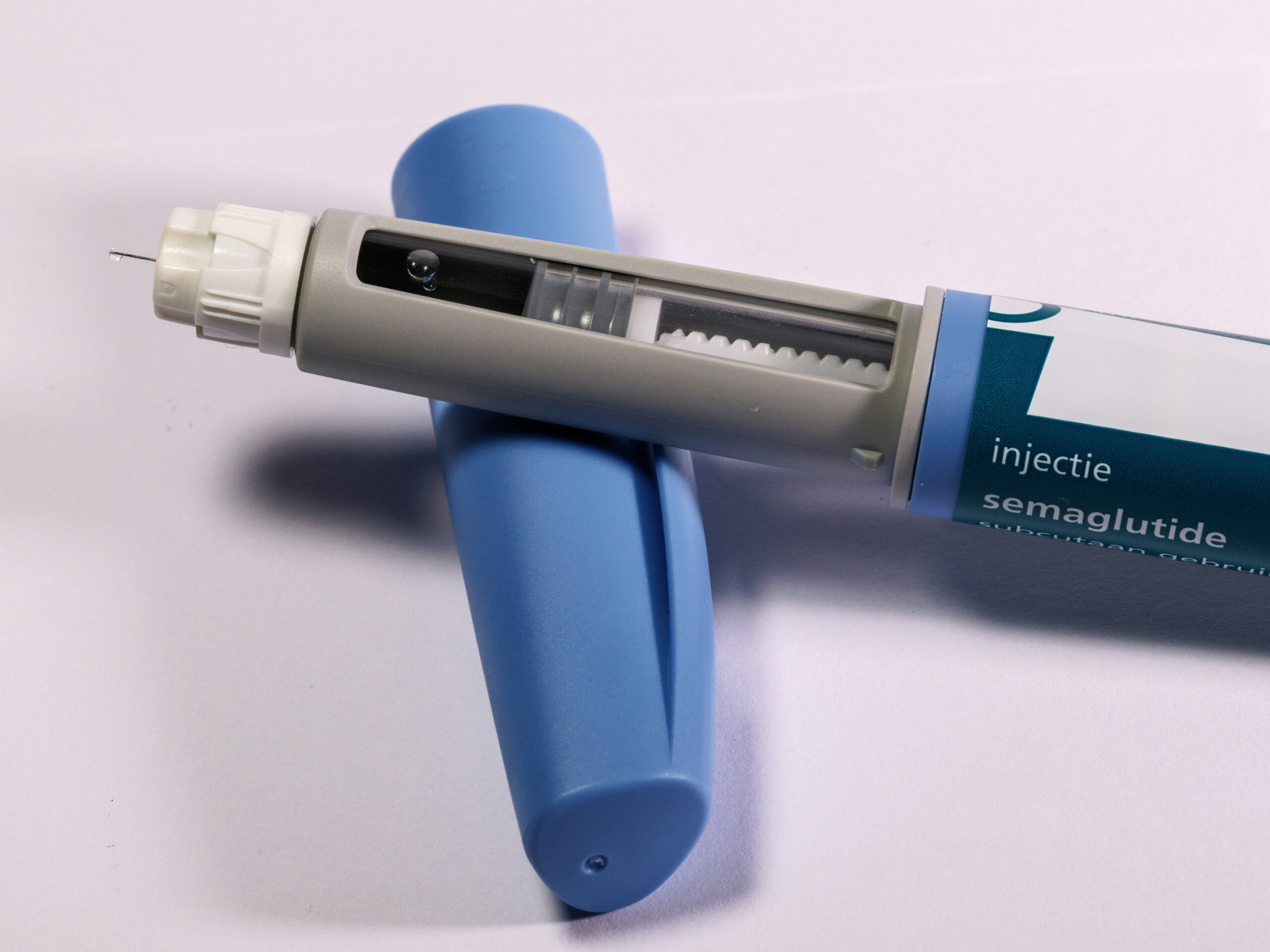
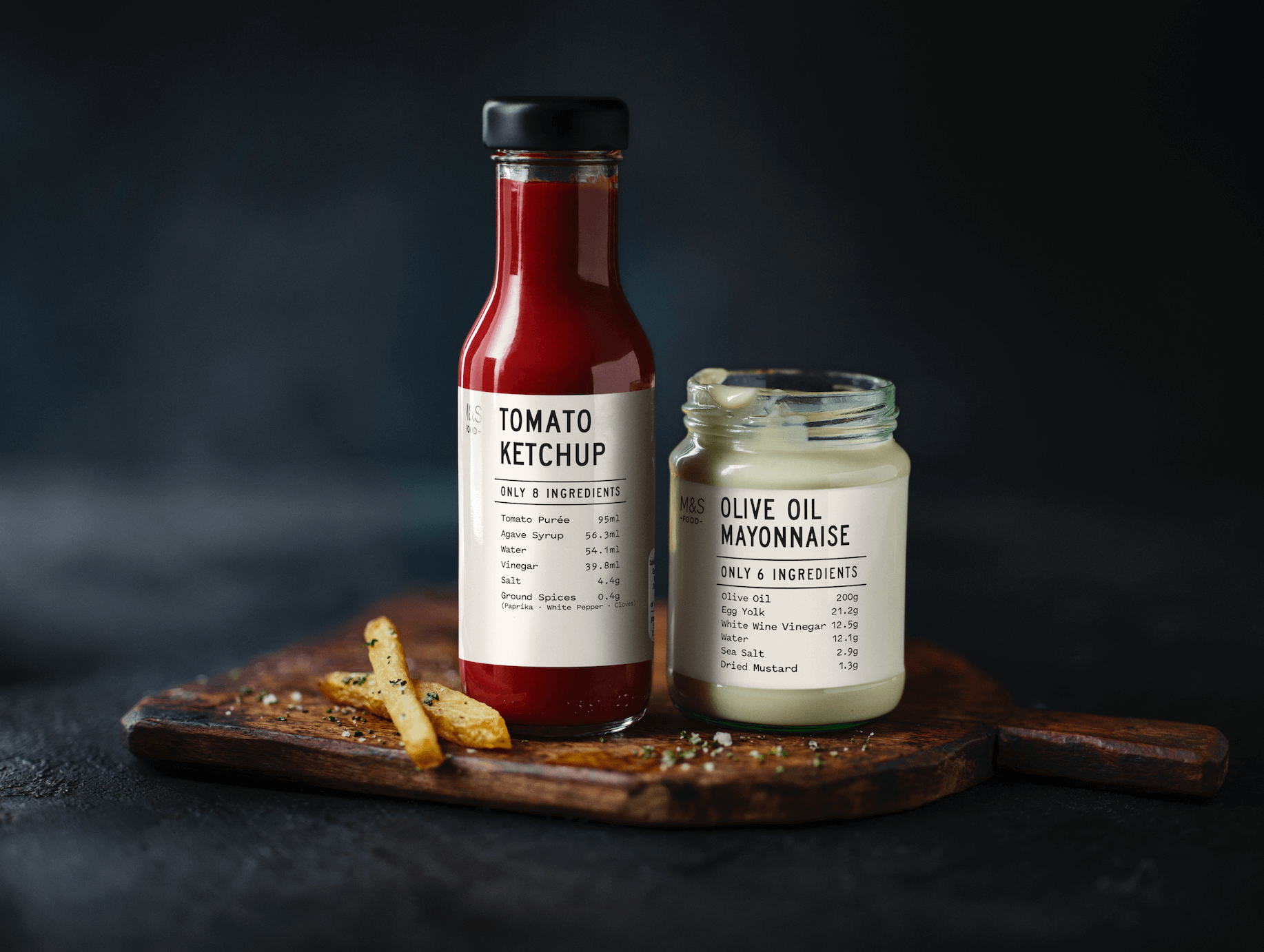






0 Comments